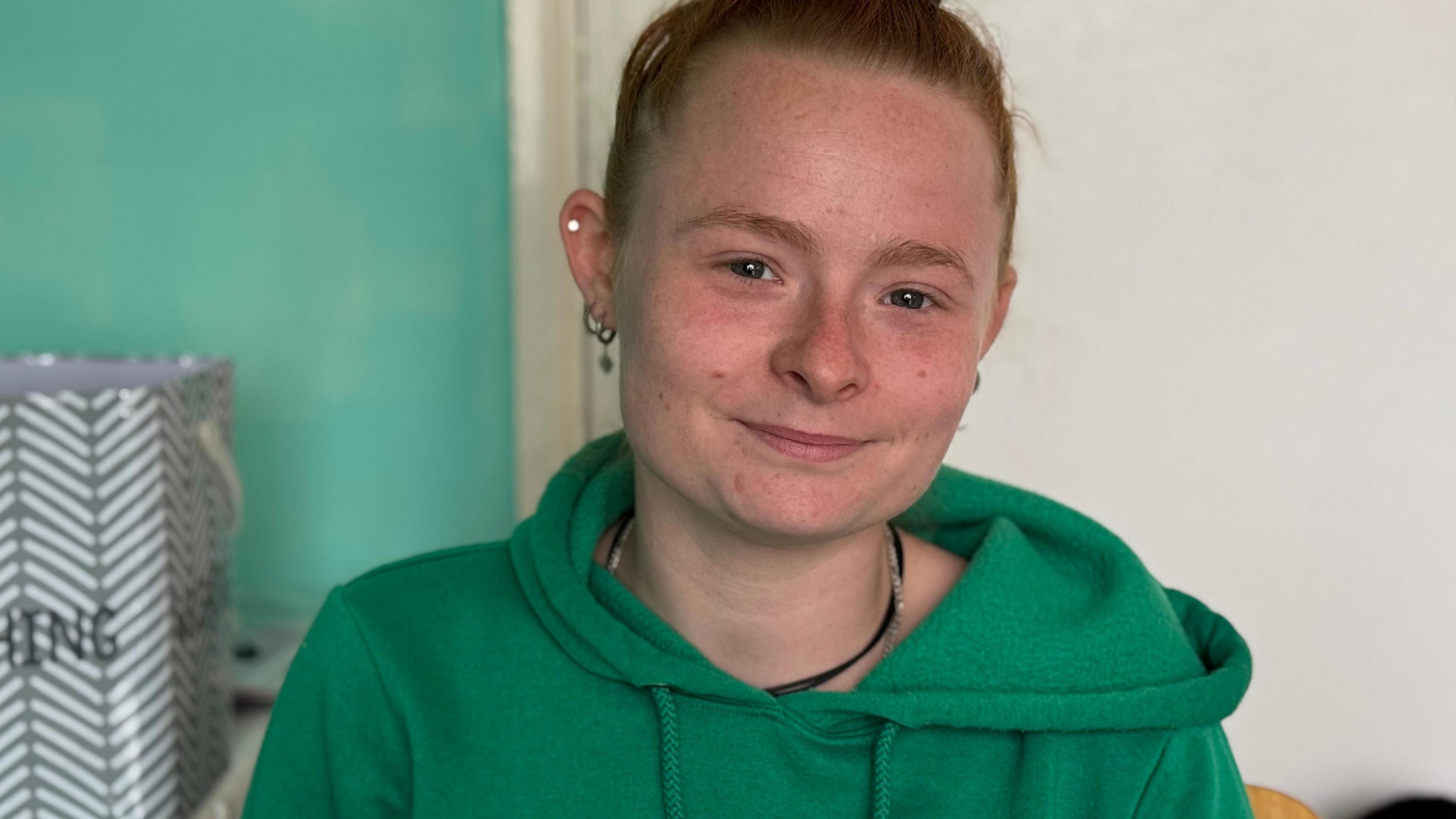Jump in biker crashes prompts first aid offer
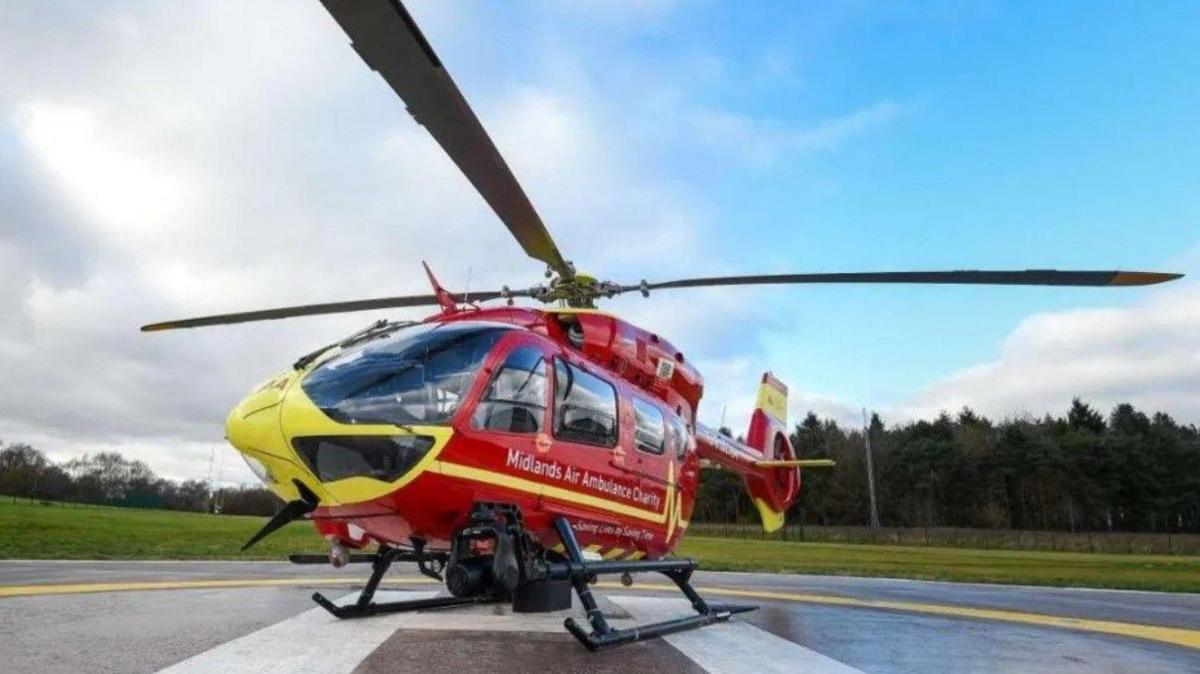
Paramedics from Midlands Air Ambulance say they are treating an average of two seriously hurt bikers each week
- Published
Emergency first aid training is being offered to bikers after an air ambulance charity saw a jump in the number of calls it had to injured motorcyclists.
The Midlands Air Ambulance said there have been a 40% increase in cases involving bikers over the past two years - with 129 badly hurt bikers in the past year, which a spokesperson said equated to about two call outs each week.
The charity will be running training sessions called First Biker On Scene this spring and summer which aim to teach best practice for what to do if people come across an injured biker.
A spokesperson said it was hoped the three-hour course would provide life-saving skills.
"We recognise this is something we're seeing an increase in and we want to support our biker community," Emily Brown, the charity's head of education and training, told the BBC.
As for what was driving the increase, she said it was "difficult to say" but whatever the reason it was "a sad thing to be seeing for our crews".
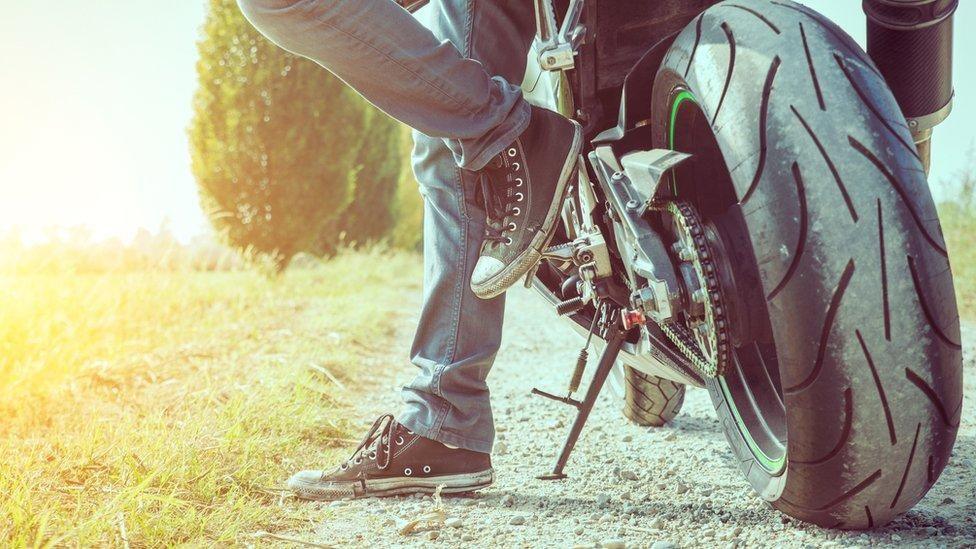
The course aimed to prepare bikers if they came across other motorcyclists who were hurt, Emily Brown said
Midlands Air Ambulance operates three helicopters and critical care cars across most of the West Midlands including Herefordshire, Shropshire, Staffordshire, the West Midlands and Worcestershire.
Ms Brown said the most important thing anyone could do was to first call emergency services before trying to make the scene and the hurt biker safe.
"Out on the road, coming across those incidents, you're not going to be prepared for that. So being prepared, knowing what to do, that's going to be the key thing," she added.
"We wanted to ensure they've got the skills and the knowledge to do something."
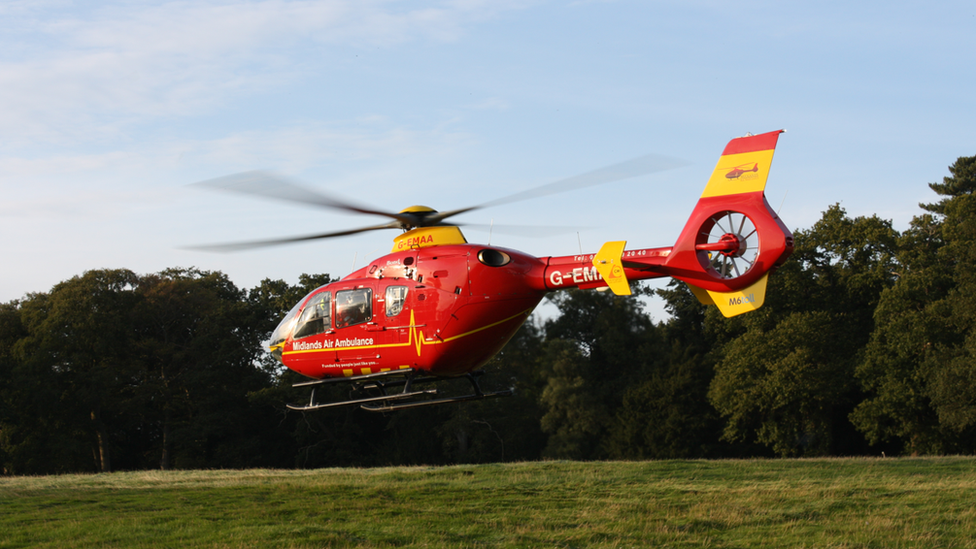
Midlands Air Ambulance responds to emergencies across areas including Herefordshire, Shropshire, Staffordshire, Worcestershire and the West Midlands
The course will also cover basic first aid including CPR and defibrillator use as well as more specific guidance on helping motorcyclists.
"It also covers how to take a helmet off appropriately and how to manage a casualty who may be in an awkward position," she said.
"We're thinking about spinal or bony injuries because motorcyclists are having a significant and particular set of injuries because they're more vulnerable."
Courses are available to book via the charity's website, external.
Related topics
- Published1 September 2024
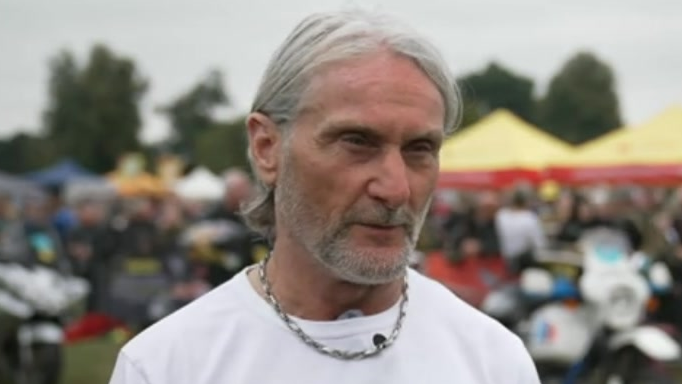
- Published1 May
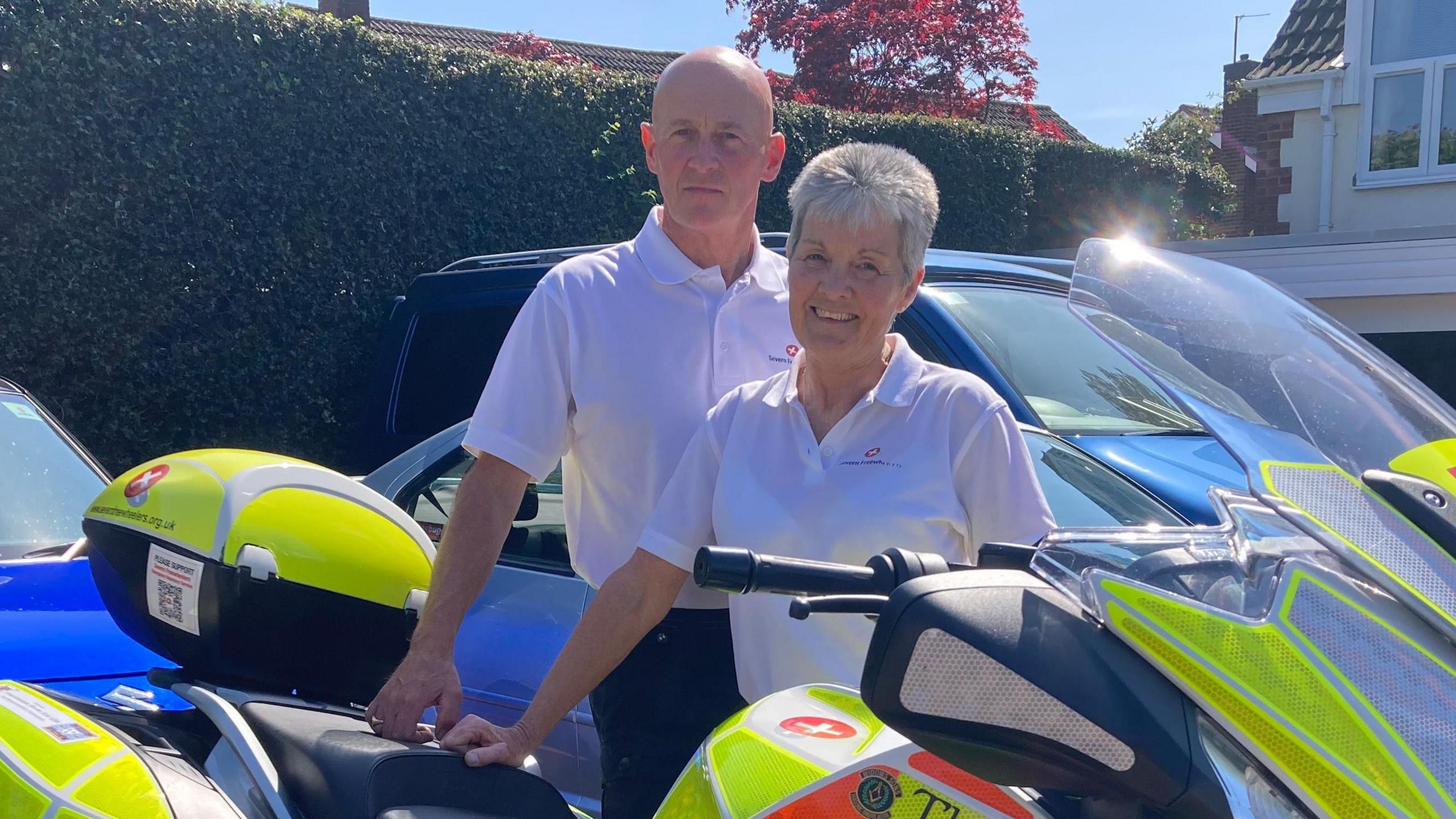
- Published29 April
